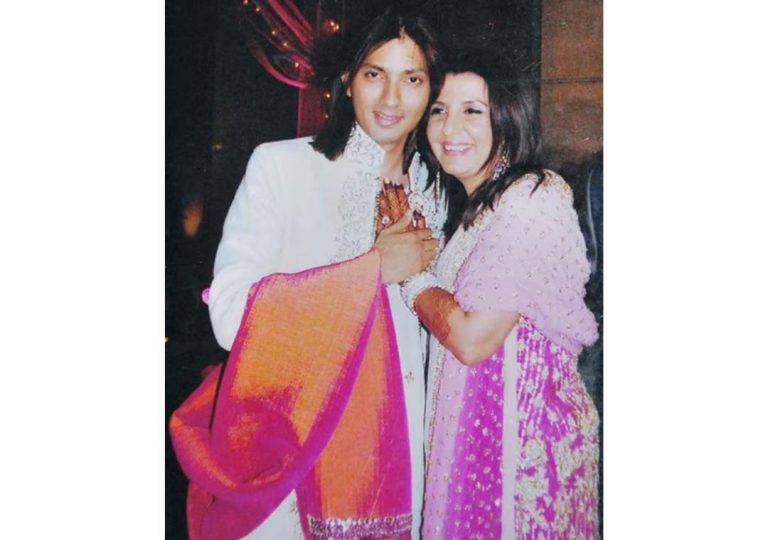
It’s a Shame: Shahana on Her Film ‘Santosh’ Not Releasing in India
Shahana Goswami, the talented actress, has expressed her disappointment and sadness over the recent ban on her film ‘Santosh’ in India. The film, which is set in the country, has been blocked by the Central Board of Film Certification (CBFC) due to concerns about the portrayal of Islamophobia and misogyny in the Indian police force. Shahana’s reaction to the news has been one of sadness and disappointment, with the actress calling it a “shame” that audiences in India won’t get to see her film.
“Santosh” is a film that explores the lives of Muslim women in India, and the challenges they face in their daily lives. The film tackles issues such as police brutality, gender inequality, and the struggles of being a Muslim woman in a predominantly Hindu country. However, the CBFC has deemed the film unsuitable for release in India, citing concerns about the portrayal of Islamophobia and misogyny.
Shahana’s reaction to the news is understandable, given the impact it will have on the film’s message and the audience it was intended for. In an interview, she expressed her sadness and disappointment at the ban, saying, “It makes me feel very sad. It’s upsetting that audiences here, where ‘Santosh’ is set, won’t get to see it.”
The actress went on to explain that the film was made to raise awareness about the issues faced by Muslim women in India, and that the ban will only serve to further marginalize and silence their voices. She added, “It’s not just about the film, it’s about the people who are affected by these issues. It’s about the Muslim women who are being marginalized and silenced every day.”
Shahana’s comments are a stark reminder of the challenges faced by Muslim women in India, and the need for more representation and visibility in the media. The ban on “Santosh” is a clear example of the censorship and silencing of important stories that need to be told.
The CBFC has been criticized in the past for its strict guidelines and censorship of films, with many arguing that it stifles creativity and freedom of expression. The ban on “Santosh” is just the latest example of this, with many calling it a “shame” that the film won’t be able to be seen by Indian audiences.
The film’s director, Chaitanya Tamhane, has also spoken out about the ban, saying that it is a “sad day” for Indian cinema. He added, “We made this film to tell the story of Muslim women in India, and to raise awareness about the issues they face. The ban is a clear example of the censorship and silencing of important stories that need to be told.”
The ban on “Santosh” is not only a blow to the film’s makers, but also to the Muslim women who are featured in the film. The film’s portrayal of their struggles and challenges is an important representation of their experiences, and the ban will only serve to further marginalize and silence their voices.
In conclusion, the ban on “Santosh” is a shame and a disappointment for many reasons. It is a clear example of the censorship and silencing of important stories that need to be told, and it will only serve to further marginalize and silence the voices of Muslim women in India. Shahana’s reaction to the news is a reminder of the importance of representation and visibility in the media, and the need for more stories like “Santosh” to be told.



